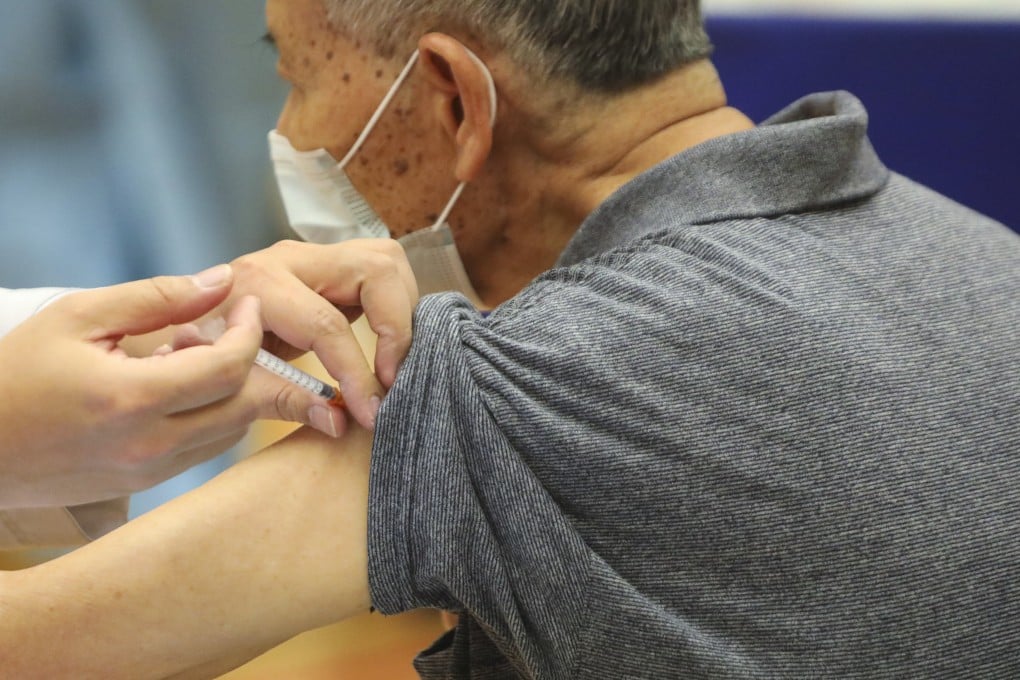What are the benefits of a second Covid-19 vaccine booster shot?
- Some countries have started giving fourth doses to seniors and other vulnerable people
- But health agencies are still considering whether to expand eligibility to others

But who needs to take boosters and what are the benefits? Here is what we know so far.
Why do some people need a fourth shot?
Studies show that immunity against the virus that causes Covid-19 wanes over time, irrespective of whether it is induced through infection or vaccination.
The Omicron variant also dodges vaccines through a structural change on the spike protein, the part of the virus targeted by vaccines.
Various countries have sought to increase vaccine effectiveness against Omicron with booster shots.
However, a study in February by the US Centres for Disease Control and Prevention found that while mRNA vaccines were highly effective against both moderate and severe cases of Covid-19 for about two months after a third dose, their effectiveness dropped substantially by four months.